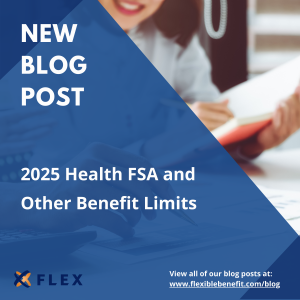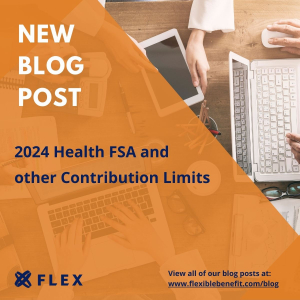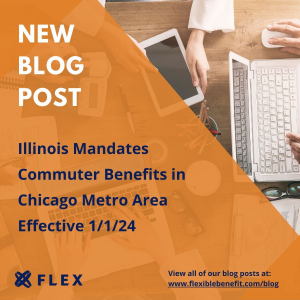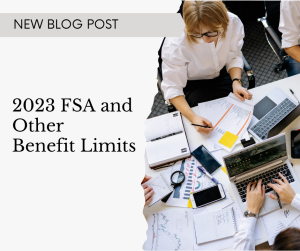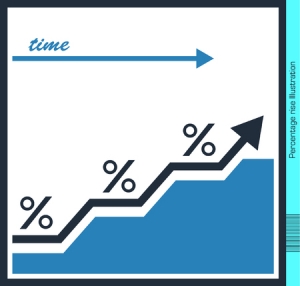Commuter
The Internal Revenue Service (IRS) published Revenue Procedure 2024-40 on October 22, 2024. The Revenue Procedure includes the inflation-adjusted 2025 contribution limits for certain employee benefit programs. Below is a summary of some of those contribution limit adjustments.
The Internal Revenue Service (IRS) published Revenue Procedure 2023-34 on November 9, 2023. The Revenue Procedure includes the inflation-adjusted 2024 contribution limits for certain employee benefit programs. Below is a summary of some of those contribution limit adjustments.
The state of Illinois has passed a law known as the Transportation Benefits Program Act which will require some employers in the Chicago metropolitan area to offer pre-tax transportation benefits to their employees.
The Internal Revenue Service (IRS) published Revenue Procedure 2022-38 on October 18, 2022. The Revenue Procedure includes the inflation-adjusted 2023 contribution limits for certain employee benefit programs. Below is a summary of some of those contribution limit adjustments.
Health Flexible Spending Accounts (Health FSAs)
The Internal Revenue Service (IRS) released Rev. Proc. 2020-45 on October 26th with 2021 inflation adjustments for various provisions of the Internal Revenue Code (the “Code”). Included in the announcement are maximum contribution limits for Flexible Spending Accounts (FSAs) and other employee benefit programs. A summary of some of the 2021 contribution limits has been provided below.
The IRS has released Revenue Procedure 2019-44 which details the 2020 pre-tax limits for the Health FSA and Commuter Plans. These limits are effective for plan years that begin on or after January 1, 2020.
New Jersey has become the first state to require certain employers to offer qualified transportation benefits (i.e. Commuter Plans) to employees. Some metropolitan areas including New York City, San Francisco, Seattle and Washington D.C. have passed similar laws that require certain employers to make Commuter Plans available to their employees, but no state has mandated this benefit until now.
On November 15th, the IRS released Revenue Procedure 2018-57 which includes inflation adjustments for certain employee benefit programs and other items.
IRS Revenue Procedure 2017-58 was released last week. It includes a number of inflation adjustments to various benefits and other items for 2018 including the following for Consumer-Driven Accounts:
